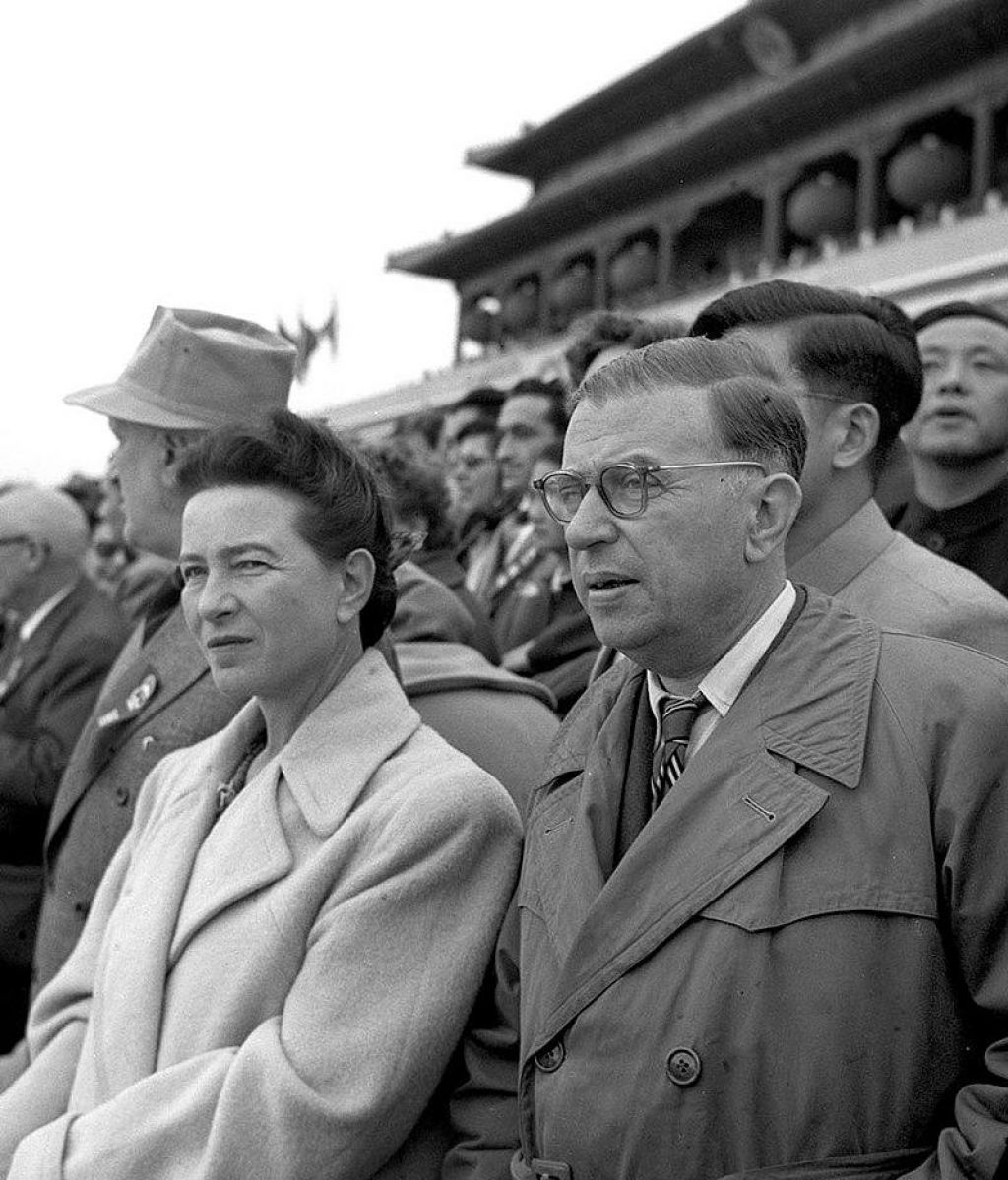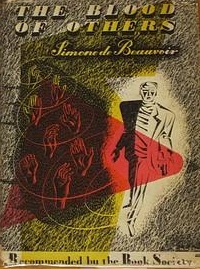This question is still the subject of debate amongst philosophers today. On the one hand, you get very broad definitions of the category, which include thinkers from the 19th and 20th centuries, primarily – people like Kierkegaard, Nietzsche or Heidegger, as well as French existentialists Sartre and Beauvoir. However, some philosophers claim that the category is so broad that it ceases to pick out any meaningful similarities between the thinkers, because, although they share similar preoccupations, they wrote from very different contexts and came to radically different conclusions.
On the other hand, you get this narrow approach to defining Existentialism, which has appeared in the work of Jonathan Webber more recently. He says that we need to understand Existentialism as a theory of value, which says that freedom is what is valuable, and as an ethical system built on that – that we must treat other people in a way that acknowledges the freedom of each person and the structure of human existence. That view is something that emerged with Sartre and Beauvoir in the 1940s.



